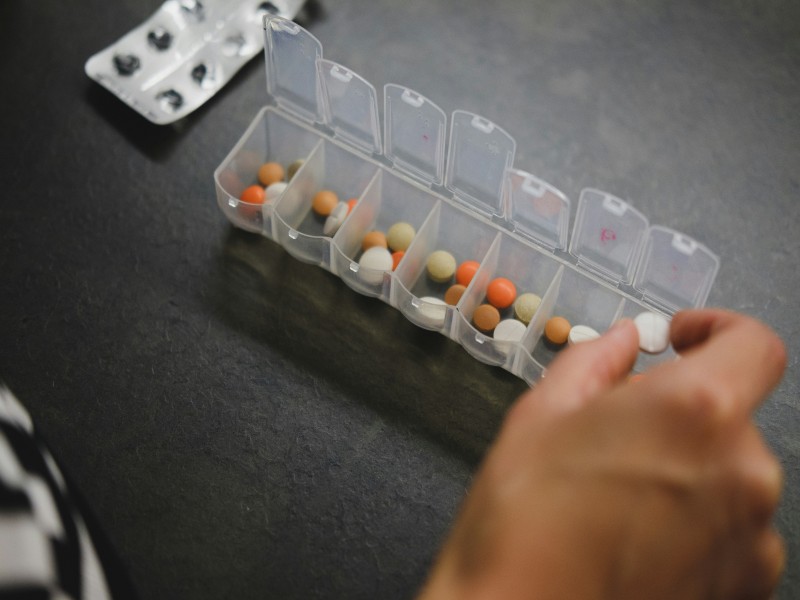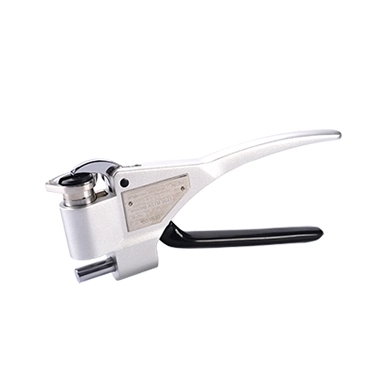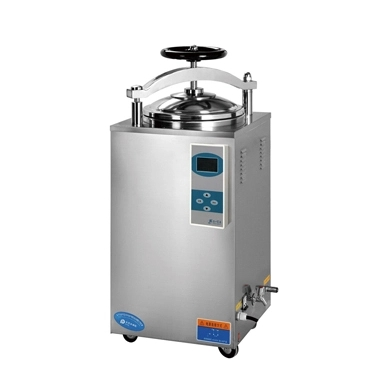Hardness Tester: A Vital Tool in Medical Device Manufacturing
The manufacturing of medical devices requires precision and accuracy. A hardness tester plays a crucial role in ensuring the quality and durability of these devices. It measures the resistance of a material to deformation, which is a critical factor in determining the longevity and reliability of medical devices. For instance, surgical instruments, implants, and prosthetics need to withstand significant pressure and usage without deforming. A hardness tester helps manufacturers to ensure that these devices meet the required standards and are safe for use.
.png)
Hardness Tester in Pharmaceutical Packaging
In the pharmaceutical industry, the hardness tester is not just limited to the production of medical devices. It is also used in testing the packaging materials. The hardness of packaging materials like plastic and glass is tested to ensure they can protect the drugs from environmental factors such as moisture, light, and temperature changes. This is crucial as any compromise in the packaging can lead to the degradation of the drugs, affecting their efficacy and safety. Therefore, different hardness testing machine types are used to maintain the integrity of pharmaceutical packaging.
.png)
Hardness Tester for Quality Control in Pharmaceuticals
Hardness testers are also used in the quality control of pharmaceutical products themselves. For instance, the hardness of tablets is a critical parameter that needs to be controlled during their production. It affects the tablet’s disintegration, dissolution, and absorption rates, which in turn influence the drug’s bioavailability. By using a hardness tester, manufacturers can ensure that the tablets have the right hardness, thereby ensuring their effectiveness.

The hardness tester is an indispensable tool in the medical devices and pharmaceutical industry. It ensures the quality, safety, and effectiveness of medical devices and pharmaceutical products. As the industry continues to evolve, the role of hardness testers is expected to become even more significant, making them a vital tool in the production and quality control processes. Therefore, choose trusted and experienced hardness testing machine manufacturers is important, for example, Lanetech, specialized in manufacturing types of non destructive testing instruments.

 français
français Español
Español русский
русский العربية
العربية português
português
.png)
.png)






